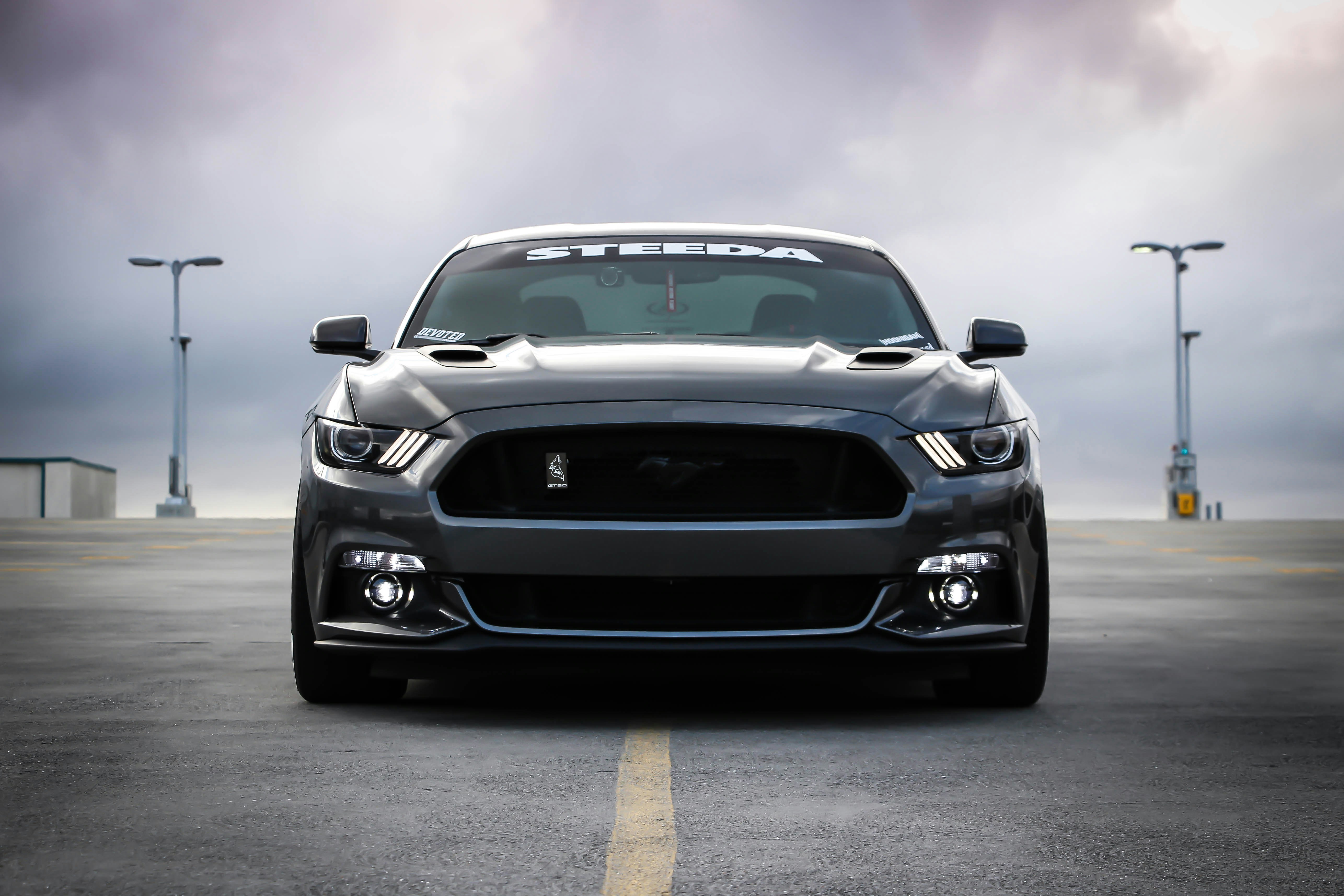How to Buy a Car as an Enlisted Service Member
I remember my first car purchase after enlisting. Fresh out of basic training, I had steady income for the first time in my life, and I thought I was ready to buy whatever I wanted. Spoiler alert: I wasn't. Like many young service members, I nearly made some expensive mistakes before learning how military car financing really works.
Buying a car as an enlisted service member comes with unique advantages and challenges. You've got steady income and special military programs at your disposal, but you're also a prime target for predatory lenders and overzealous salespeople. Here's everything I wish I'd known about military car buying before I stepped onto my first dealer lot.

Understanding Your Financial Position
Before we dive into the nitty-gritty of military auto loans, let's talk about your financial reality as an enlisted service member. Your base pay might not look impressive compared to civilian jobs, but you've got something most civilians don't: guaranteed income, housing allowances, and additional benefits that boost your effective earnings.
Most lenders view military personnel as low-risk borrowers because of job security and consistent pay. This works in your favor when seeking military car financing, but it also makes you a target for dealers who know you're likely to get approved for loans.
The key is understanding your true budget. Don't just look at your base pay – factor in BAH (Basic Allowance for Housing), BAS (Basic Allowance for Subsistence), and any special pay you receive. However, remember that these allowances can change based on your duty station, so build your car payment around your base pay whenever possible.
Exploring Military Auto Loan Options
One of the biggest advantages of being in the military is access to specialized financing options. Military auto loans often come with better terms than civilian loans, including lower interest rates, reduced fees, and more flexible qualification requirements.
Credit unions are typically your best bet for military car financing. Navy Federal, USAA, PenFed, and other military-focused institutions offer competitive rates and understand the unique aspects of military life, like deployments and PCS moves. These institutions often have relationships with dealers and can pre-approve you for loans, giving you negotiating power when you walk onto the lot.

Traditional banks also compete for military business, so don't overlook them entirely. Many offer special military programs with benefits like deferred payments during deployment or reduced rates for service members.
When researching financing options, compare not just interest rates but also terms, fees, and military-specific benefits. A slightly higher rate might be worth it if the lender offers deployment protection or easier refinancing options.
Choosing the Right Vehicle
This is where things can get tricky. The cars that look appealing to a young service member – that bright red sports car or lifted truck – might not be the smartest financial choice. I've seen too many soldiers struggling with $800 monthly payments on vehicles they can barely afford.
Key Considerations for Vehicle Selection:
Reliability is king. You might get deployed or stationed somewhere with limited maintenance options. Choose brands known for dependability and widespread service networks.
Total cost of ownership matters. That cheap car might cost you more in repairs and maintenance than a slightly more expensive but reliable option.
Consider your duty station. If you're stationed in Hawaii or overseas, shipping costs can be significant. If you're at a remote base, parts availability matters.
The eternal question every service member faces is whether to go new or used. There are compelling arguments for both sides. Used cars offer better value, but new cars provide warranty protection and predictable costs – valuable when you're dealing with military uncertainty.

Navigating Dealer Financing vs. Traditional Loans
Here's where many service members get taken advantage of. Dealers make money on financing markups, and they know military personnel often get approved easily. They might offer you a loan at 8% when you could have gotten 4% from your credit union.
Always get pre-approved for financing before you shop. This gives you a baseline and negotiating power. When the dealer offers financing, compare it to your pre-approval. Sometimes dealer financing can be competitive, especially during promotional periods, but never accept it without comparison shopping.
Be wary of dealer add-ons like extended warranties, gap insurance, and protection packages. Some of these can be valuable, but dealers often mark them up significantly. You can usually buy the same protection elsewhere for less money.
Military-Specific Car Buying Programs
Many manufacturers offer military car buying programs with benefits like cash rebates, special financing, or below-invoice pricing. These can provide genuine savings, but read the fine print carefully.
Some programs require you to be stationed in certain areas or have specific credit scores. Others might offer great rebates but higher interest rates, negating the savings. Always do the math on the total cost of the loan, not just the sticker price.
The Lease vs. Buy Decision
Military life presents unique considerations for the lease versus buy decision. On one hand, leasing can provide lower monthly payments and the ability to walk away from the car when you PCS. On the other hand, military members often exceed mileage limits due to frequent travel, and wear-and-tear charges can be expensive.
The general rule is this: if you're planning to keep the car for several years and don't mind dealing with maintenance, buying usually makes more financial sense.
Avoiding Common Pitfalls
The car buying process is full of potential traps for unwary service members. Here are the big ones:
Don't focus only on monthly payment. Dealers love to ask "what payment can you afford?" because they can manipulate loan terms to hit any payment while maximizing their profit. Focus on the total price and loan terms instead.
Beware of yo-yo financing. This is where you drive off the lot thinking you're approved, only to get a call days later saying the financing fell through and you need to sign new papers with worse terms. Ensure your financing is solid before taking possession.
Avoid emotional purchases. That car isn't going anywhere. Take time to think, research, and compare options. Don't let salespeople pressure you into same-day decisions.

Planning for the Long Term
Military life involves frequent moves, deployments, and changing circumstances. When buying a car, consider how it fits into your long-term plans. If you're planning to separate from the military in a few years, factor that into your loan terms. If you're career military, think about how the car will serve you through multiple duty stations.
Getting the Best Deal
Successful car buying for military members requires preparation and patience. Research the car's value using resources like KBB or Edmunds. Get multiple quotes for financing. Don't be afraid to walk away if the deal doesn't feel right – there are always more cars and dealers.
The key points are: know your credit score, shop around for financing, and understand all the terms before signing.
Remember, the goal isn't just to buy a car – it's to buy the right car at the right price with terms that fit your military lifestyle and financial goals.
Military service provides unique opportunities and challenges when it comes to car buying. Take advantage of the benefits available to you, but don't let the steady paycheck and easy credit approval lead to poor decisions. Buy smart, and that car can serve you well throughout your military career and beyond.



.jpg)


